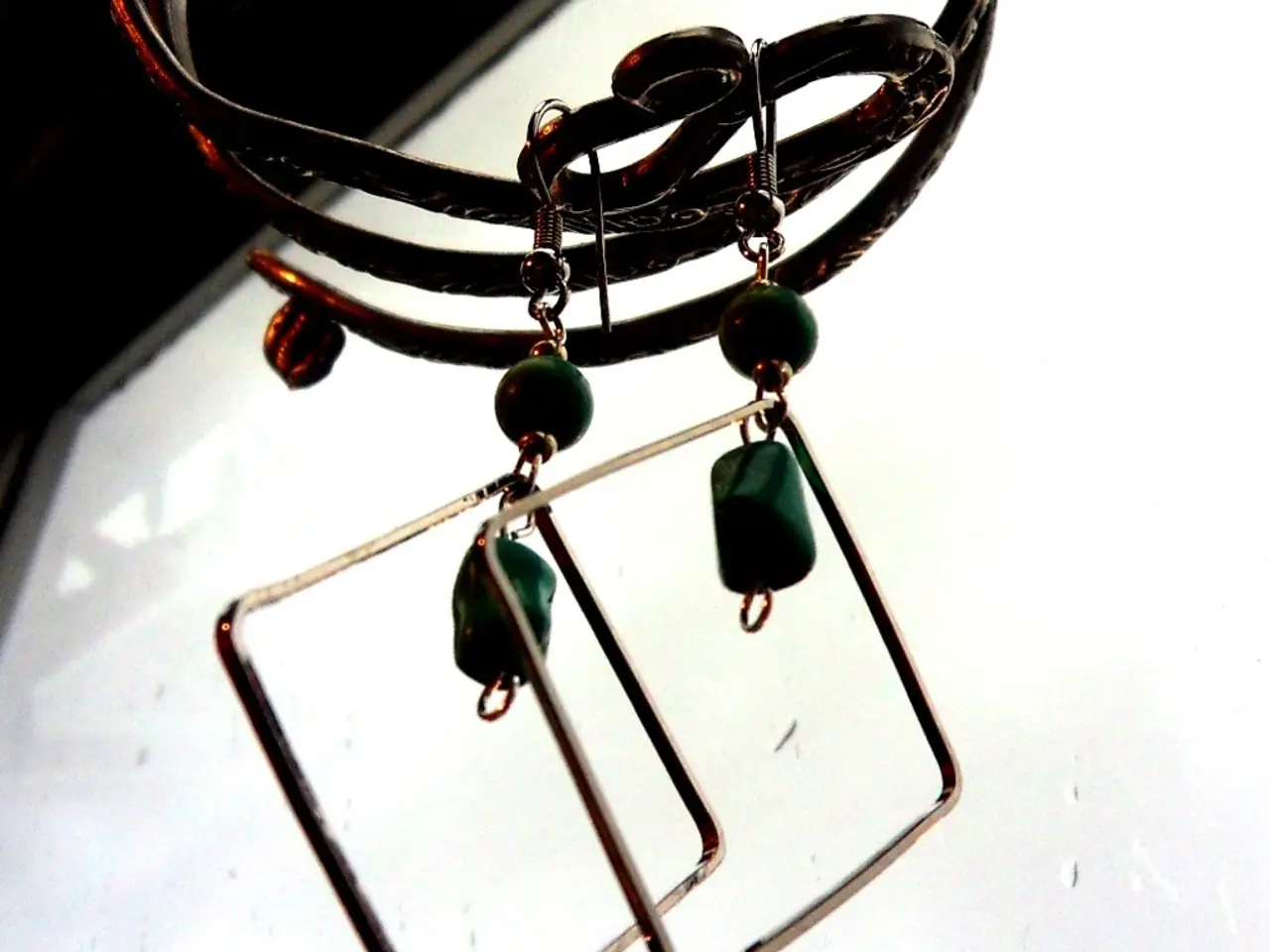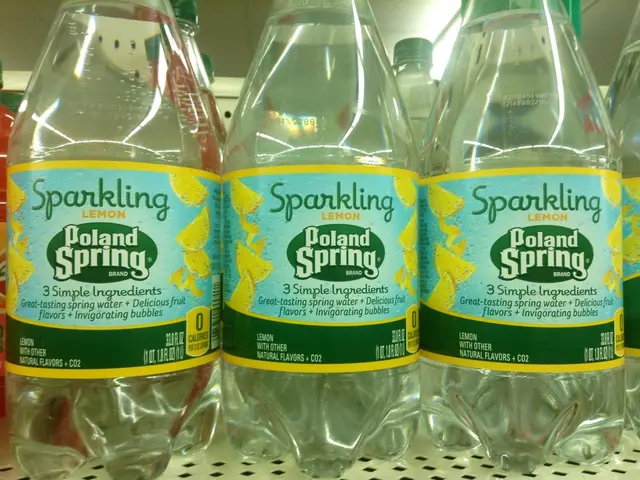Ear Noise: Understanding Causes, Diagnosis, and Beyond
Crackling sounds in the ears can be a common occurrence, but when they persist or become a frequent issue, it may indicate an underlying problem. This article explores the common causes, symptoms, and treatments associated with crackling sounds in the ears, primarily linked to Eustachian tube dysfunction (ETD) and other ear conditions.
### Common Causes
Eustachian tube dysfunction (ETD) is a common cause of crackling sounds in the ears. The Eustachian tube, which regulates air pressure in the middle ear, can become inflamed or blocked due to mucus or fluid build-up, often caused by colds, flu, sinus infections, or allergies. Other causes include earwax build-up, infections, pressure changes, trauma from loud noise, the presence of a foreign body in the ear, tinnitus, vertigo, and medication side effects.
### Common Symptoms
Symptoms of crackling sounds in the ears can include a feeling of ear fullness or plugged ears, popping, clicking, or crackling sensations inside the ear, muffled hearing, ear pain or discomfort, ringing in the ears (tinnitus), and sometimes, balance issues or dizziness. Symptoms may worsen with altitude changes such as flying or diving.
### Treatments
Home remedies for mild cases include yawning, swallowing, chewing gum, applying warm compresses to the ears, or taking hot baths to relieve pressure naturally. For ETD related to infections or allergies, managing the underlying condition (cold, sinus infection, allergy treatment) can relieve symptoms. If symptoms persist longer than two weeks or are accompanied by severe pain or infection signs, a visit to an ENT specialist is recommended. In chronic or severe cases, medical treatments may include decongestants, nasal steroids, or procedures to open the Eustachian tube.
In summary, crackling sounds in the ears often arise from Eustachian tube issues linked with pressure imbalances, infections, or wax build-up. Managing infections, allergies, and pressure changes usually resolves symptoms, but persistent or painful cases require medical assessment. It's essential to consult a healthcare professional if you experience severe or persistent crackling sounds, signs of an ear infection, or hearing loss.
[1] Mayo Clinic. (2020). Eustachian tube dysfunction (ETD). Retrieved from https://www.mayoclinic.org/diseases-conditions/eustachian-tube-dysfunction/symptoms-causes/syc-20353976
[2] American Academy of Otolaryngology—Head and Neck Surgery Foundation. (2018). Eustachian tube dysfunction (ETD): Diagnosis and management. Retrieved from https://www.entnet.org/content/eustachian-tube-dysfunction-etd-diagnosis-and-management
[3] National Institute on Deafness and Other Communication Disorders. (2019). Eustachian tube dysfunction. Retrieved from https://www.nidcd.nih.gov/health/eustachian-tube-dysfunction
[4] MedlinePlus. (2020). Eustachian tube dysfunction. Retrieved from https://medlineplus.gov/ency/article/000939.htm
[5] American Speech-Language-Hearing Association. (2020). Eustachian tube dysfunction. Retrieved from https://www.asha.org/public/hearing/Eustachian-Tube-Dysfunction/
- While Eustachian tube dysfunction (ETD) is a common cause of ear crackling, asthma and migraines aren't typically associated with this issue, according to scientific health studies.
- Interestingly, a study on the effects of air quality (AQ) on health-and-wellness found a correlation between poor AQ and an increased risk of asthma, but not with ear crackling or ETD.
- As for predictive indicators, depression is not known to directly cause ear crackling, but it may affect a person's overall health and ability to cope with discomfort resulting from ETD or other ear conditions.
- Though TMJ disorders aren't directly related to crackling in the ears, they can share symptoms such as ear pain, discomfort, and popping sounds—these symptoms might be mistaken for those caused by ETD or earwax build-up.
- In the realm of health-and-wellness, adhering to a balanced diet and regular exercise may help manage some underlying conditions that can cause crackling in the ears, like allergies and sinus infections, though they don't directly treat or prevent the condition itself.




